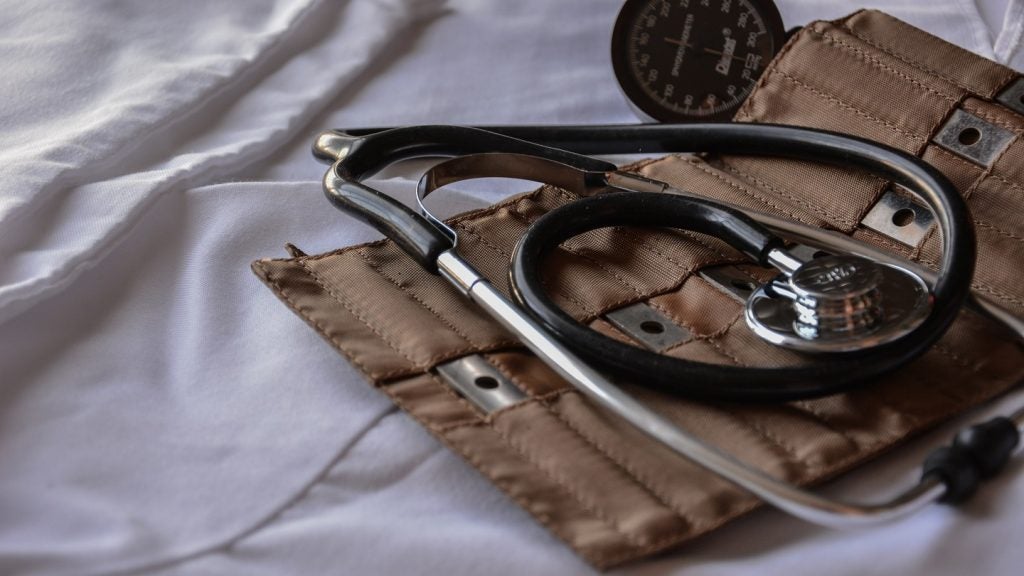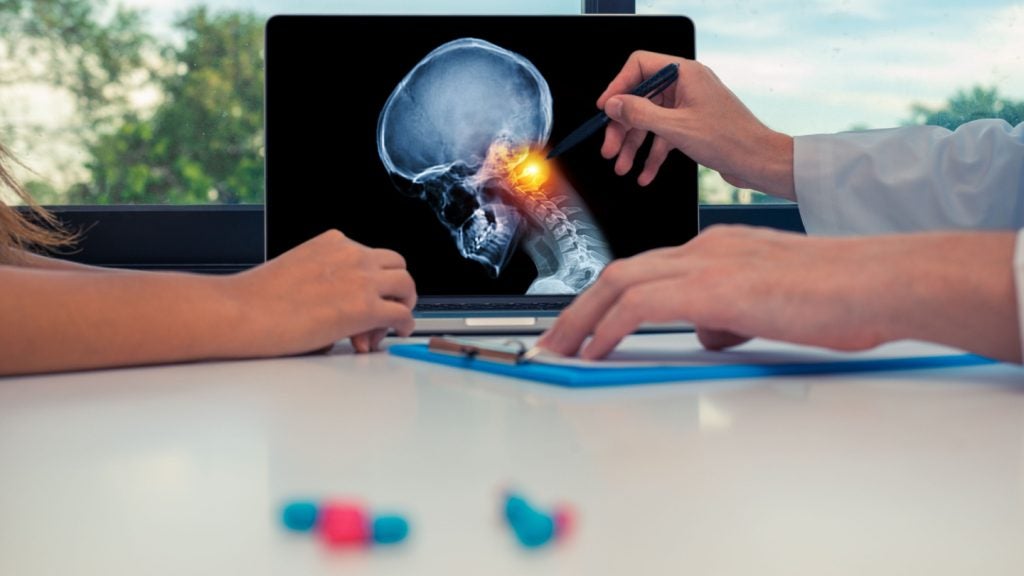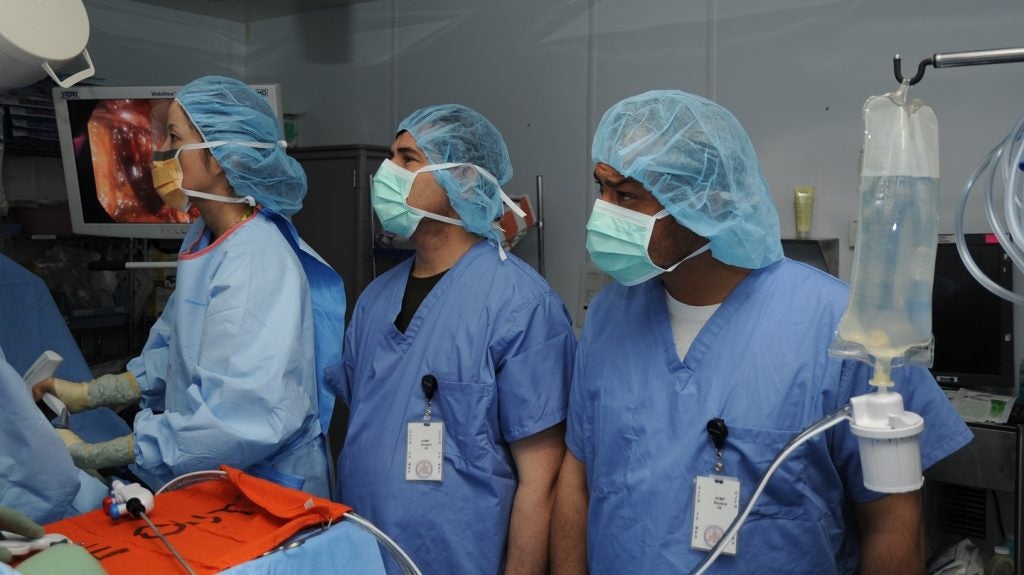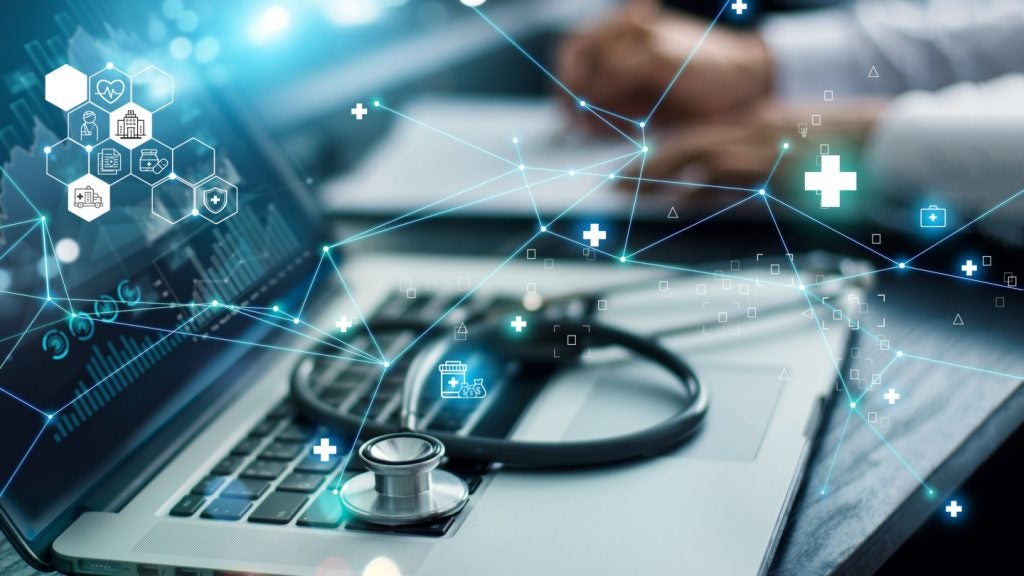Uttar Pradesh, India-based Yatharth Hospital & Trauma Care Services has registered a net profit of Rs190.36m ($2.29m) in the first quarter of fiscal 2024, a 73.1% increase from Rs109.96m in the same period last year.
The newly listed hospital's profit after tax (PAT) margin increased 242 basis points from 9.9% to 12.3%.
Its revenue from operations rose from 39% to Rs1.54bn in the quarter that ended in June 2023, up from Rs1.11bn a year ago.
Earnings before interest, taxes, depreciation, and amortisation (EBITDA) increased by 61% year-on-year to Rs414m while the EBITDA margin improved 368 basis points to 26.8%.
The hospital’s total expenses were Rs1.26bn, up from $959m.
Its bed occupancy rose to 51% in the quarter, rising from 40% in the previous year.
Yatharth Hospital whole time director Yatharth Tyagi said: “During the quarter, we registered one of the highest year-on-year growth rates in the hospital industry.
“Our ongoing investments reflect a strategic approach to nurturing well-balanced future growth, exemplified by ongoing expansion initiatives, both organic and inorganic.
The hospital is currently focusing on expanding its speciality offerings, which include organ transplant and oncology treatments.
It presently operates three super speciality hospitals in Delhi NCR and recently acquired the 305-bed Ramraja Multispeciality Hospital and Trauma Centre in Orchha.
Yatharth Hospital made its debut on the NSE and BSE on 7 August 2023.















